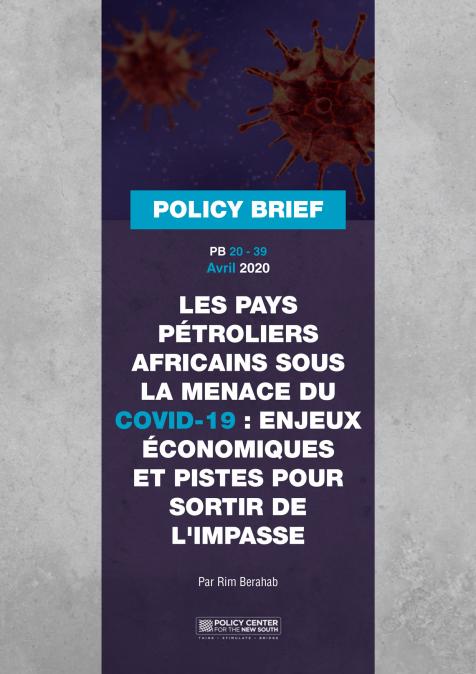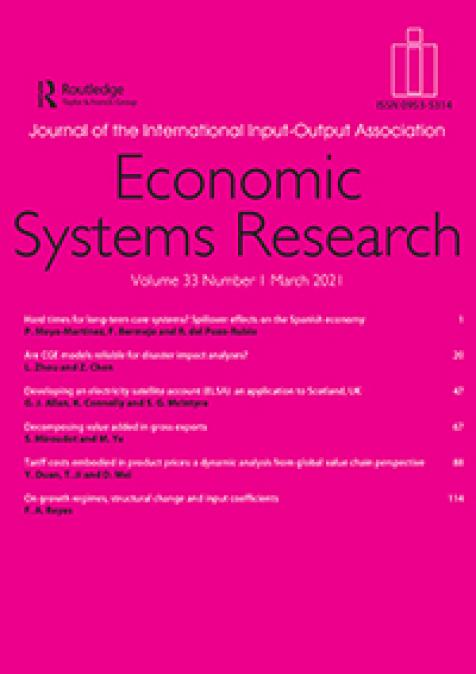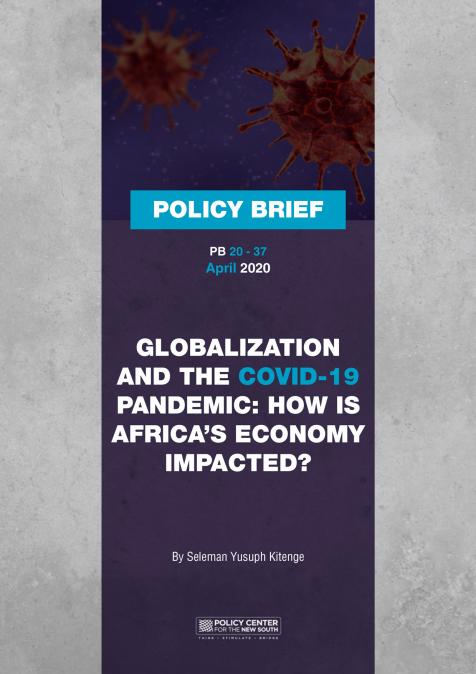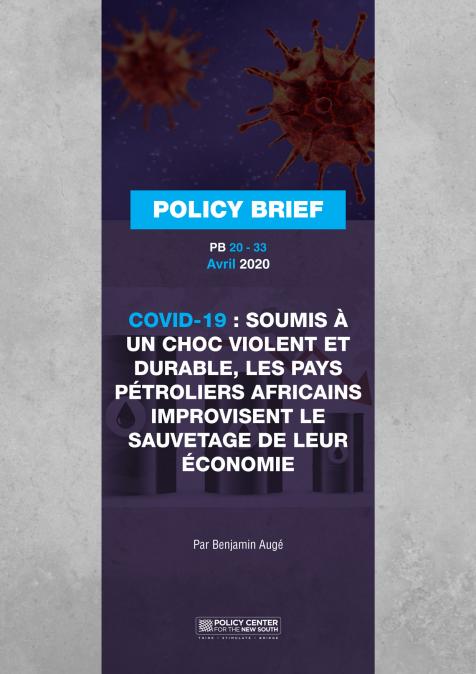Publications /
Book / Report
The Policy Center for the New South (PCNS) has for over a decade advocated for the pooling of expertise, perspectives and resources to benefit developing nations, in Africa, around the South Atlantic and across the South. The need to take inspiration from one another and share analysis and good practices with each other is as pressing as it has ever been, as countries of the South strive to accumulate knowledge, capture value added and move up the value chain. Our center has notably given particular attention to the complex endeavor of designing public policies adapted to the contexts where they are to be deployed. This includes engaging in the demanding endeavor of following through the implementation of policies through a rigorous process of evaluation and feedback. As the global economy and world order morph, this process should be conducted with increased energy and carried out with further evidence- and science-based cooperation at its core.
Our Senior Fellow Hung Tran has masterfully contributed to the ambition that has driven our Center for over a decade. He has deftly mobilized his own decades-long expertise, accumulated within the development community and other international bodies, to deliver a series of six concise and incisive policy briefs, which were published throughout 2024, and are regrouped in this book.
Hung Tran has captured the need to recalibrate the ways nations engage with each other, emphasizing how de facto, nations already use different methods and techniques to channel and reach their ambitions. In particular, he has underscored the need for Africa and the New South to astutely invest in existing formats to amplify their voices in revamped global bodies and mechanisms, such as the G20, where the African Union was admitted as a permanent member following the 2023 New Delhi Summit of the grouping. Hung has also explored how other long-standing coalitions and formats (such as the G77 and the Non-Aligned Movement) could be used for better coordination on major items figuring high on the global agenda, including growth, food security, peace, the reform of the international financial architecture, and trade.
In particular, the energy transition offers possible avenues for growth in developing nations, as the global economy appears committed to a process of greening. The green industrial revolution can notably help countries in Africa and the New South become energy powerhouses with revenue generated from across the value chain, from mining to the generation of clean electricity for exports and to serve steadily increasing domestic consumption needs.
As this book goes to press, the world in general and the New South in particular are grappling with challenges which may very well be unprecedented in their scale, scope, size and speed. Adaptable, innovative and open cooperation mechanisms will be needed to build linkages, explore synergies and strengthen ties across a range of policy challenges. This book offers an informed overview of the stakes that nations of Africa and GS will need to navigate as the world navigates the quadruple climate- demographic-geopolitical-technological transition.






